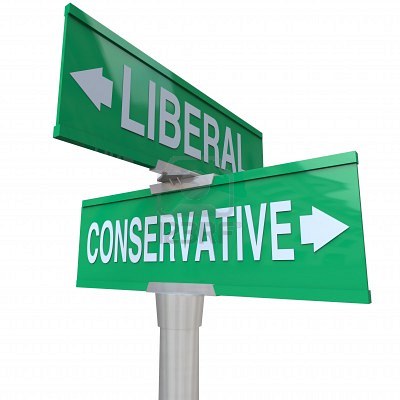 It may seem an odd thing, but every year I enjoy Lent just a bit more. At first glance it seems to be a season all about sin, confession, penitence, repentance, and penance. It can feel like we're all about finding out how bad we are and how sorry we ought to be. They're is room for that, but that dreary vision of Lent has very little Gospel, very little Good News, at all. Let's go a bit deeper.
It may seem an odd thing, but every year I enjoy Lent just a bit more. At first glance it seems to be a season all about sin, confession, penitence, repentance, and penance. It can feel like we're all about finding out how bad we are and how sorry we ought to be. They're is room for that, but that dreary vision of Lent has very little Gospel, very little Good News, at all. Let's go a bit deeper.Jesus said in John 3:17 that "God did not send his Son into the world to condemn the world, but that the world through him might be saved." The message of God in the Gospel of Jesus Christ isn't "You're terrible!" The message is, "It doesn't have to be this way. YOU don't have to be stuck anymore." Or as Jesus said, "The Kingdom of Heaven is at hand" (Matt. 10:7).
Sometimes we Christians miss the eternal perspective. We think, for instance, that the Salvation of Christ is something that happens after we die and once we reach Heaven. Or we think that the Salvation of Christ is about reforming our society in the here and now. When Christ saws, "The Kingdom of God is at hand" it means all of these! Salvation is about my own life here and now and the hope of Heaven after I die. Salvation is about a just, peaceful, and loving society here and now, and about Christ's coming again to straighten out all humankind. It is me and everyone. It is now and in the future.
 In Advent we make room in our lives and communities for person of Jesus Christ. In Lent we make room in our lives and communities for what Christ is doing, namely altering our reality by overshadowing it with God's reality. In Advent Christ moves into our neighborhood (John 1:14, The Message). In Lent, God begins to move us into God's neighborhood. And then in Easter, we celebrate (in the present) the eternity of living in that neighborhood!
In Advent we make room in our lives and communities for person of Jesus Christ. In Lent we make room in our lives and communities for what Christ is doing, namely altering our reality by overshadowing it with God's reality. In Advent Christ moves into our neighborhood (John 1:14, The Message). In Lent, God begins to move us into God's neighborhood. And then in Easter, we celebrate (in the present) the eternity of living in that neighborhood!I think we can easily miss the Good News of this. We might be underestimating the power of God's reality now. Instead we buy into the world's reality. Our consumer society judges life based on what you produce (your career and income level) and what you consume (lifestyle). God's reality is based on who you are (intrinsic value) and how God is working in your for the benefit of you and others (mission and ministry). In a materialistic society, what we own or can buy is prized. In God's reality the gifts of God has given us and gives through us are most prized. In an imperfect world we become perfectionists or pessimists. In God's reality, we become a people of redemption and hope - all things can and will be fixed!

The good things of the Kingdom of God are unatainable in this life, because at Baptism, "this life" begins our eternal life. When Jesus says, "The Kingdom of God is among you," in Luke 17:20 (emphasis mine), Christ is saying stop looking elsewhere! It's right here, now, with you, and with those gathered around Christ.
This Lent I hope and pray both you and I find the joy of moving a bit further into God's neighborhood, of buying into God's reality, and giving up that old life that is so unbecoming of the Children of Heaven.
"The time is fulfilled, and the Kingdom of God has come near; repent and believe in the Gospel." (Mark 1:14-15)


